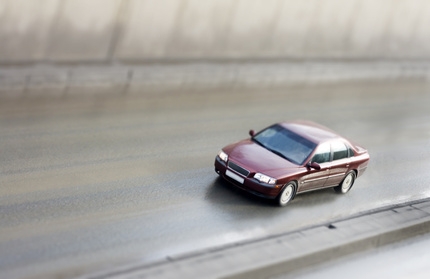
A vehicle's torque converter is an important part of its functioning. The torque converter is located in between the engine and the crankshaft and performs a few different tasks. It helps to increase the torque generated by the engine, absorb the torsional vibration of the engine, smooth out the engine's rotation and power the oil pump and hydraulic control system. Many problems can develop with the torque converter during its operation.
When driving along in your vehicle, you may begin to feel some sort of an engine surge. The vehicle may continue to handle well, but this surge may repeat, along with the engine service light coming on. This is usually a sign of problems with the rubber seals within your torque converter. These seals help maintain the proper hydraulic pressure, which allows the torque converter to function. If not dealt with, this problem could result in the total failure of your vehicle's clutch symptom.
In February of 2008, Jeep released a flash discussing problems with the torque converters on its newest line of Wranglers. They tended to experience transmission shudder, that is, the feeling that the vehicle is being driven over rumble strips. This problem would normally occur once the Jeep had been in use for a while. The control module on the vehicle required reprogramming, and the torque converter had to be replaced.
One of the most important parts of a torque converter is the stator, which is a component of the torque converter than increases the torque level of the device. When your torque converter's stator is malfunctioning, the vehicle's performance will be affected. If your stator tends to lock up, it will handle just fine while on regular streets, but on expressways and during other periods of high performance, the engine would overheat and not function as well as it did in the past.
Another type of stator malfunction is the stator free-wheeling. Running out of control, the lower-speed operations of the vehicle would be unsatisfactory. The vehicle may not accelerate well, and it would not handle well on streets, but once the speed did raise, the vehicle would handle fine.
If your converter's seals are damaged or broken, its fluid will leak out and the converter will overheat as well as cease functioning. Check your seals.
If your torque converter locks and refuses to function, the most probably explanation is that parts of the clutch have become distorted, causing them not to move in the way they are supposed to.